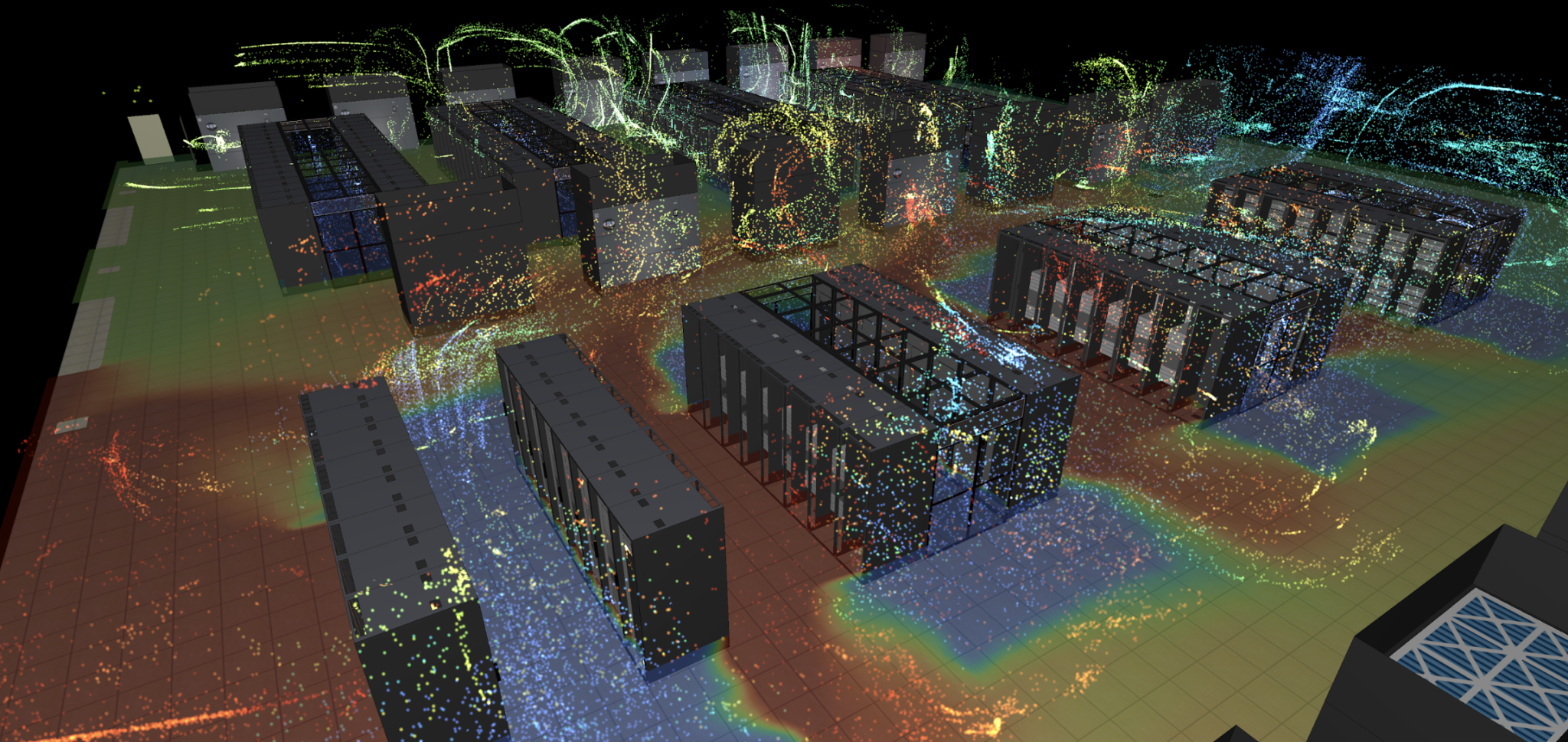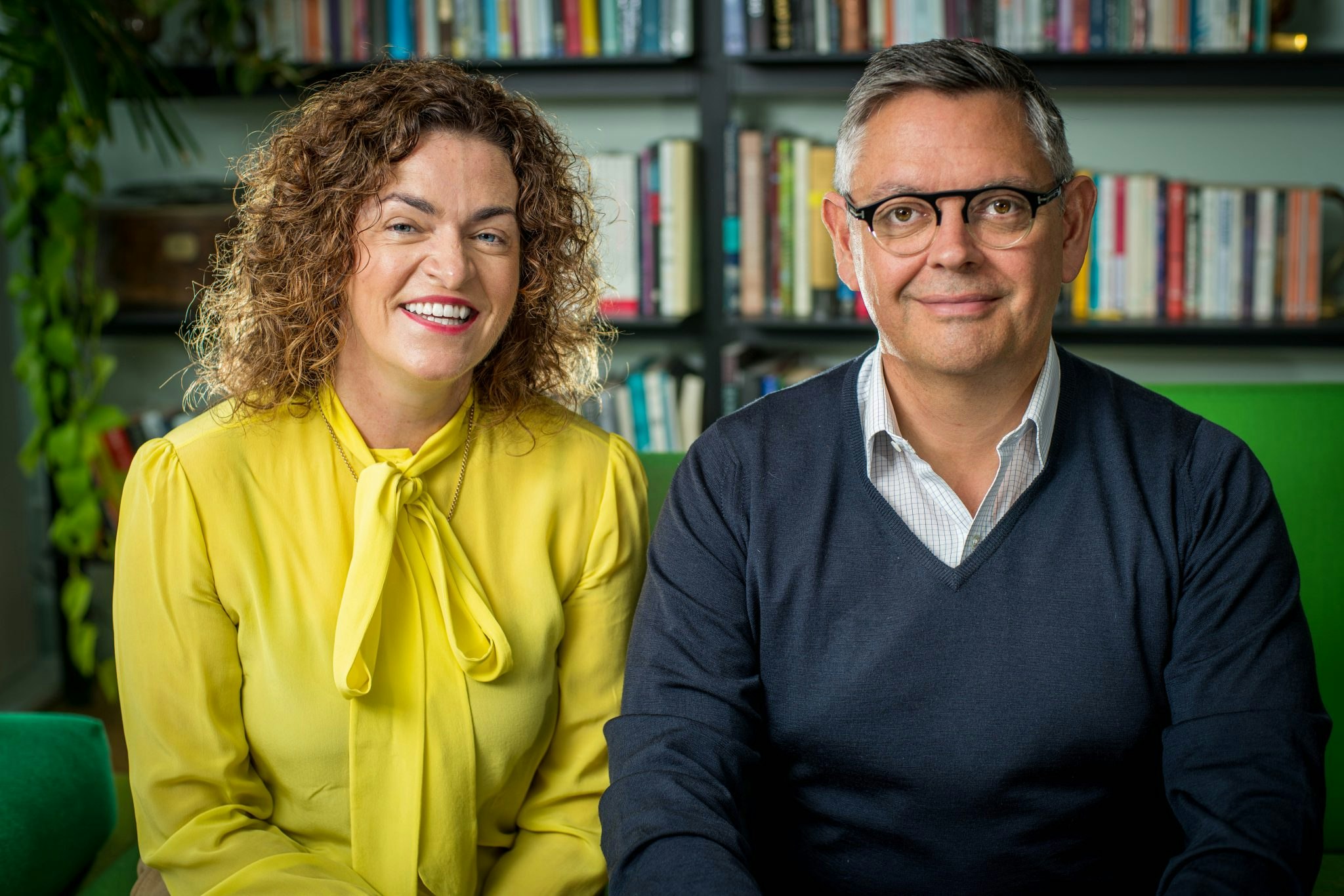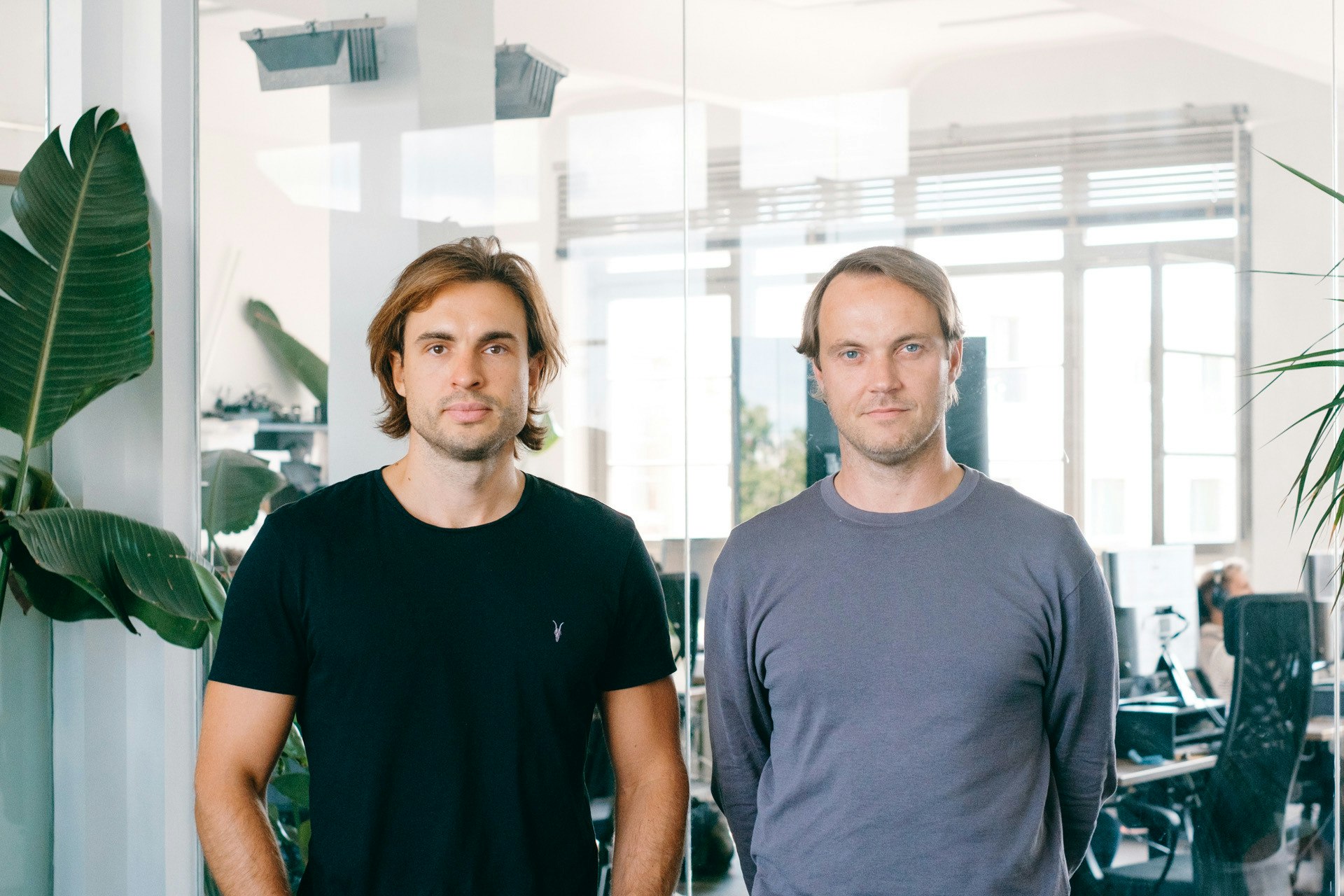UK-based Mission Zero builds machines to remove carbon from the air — a process known as direct air capture (DAC). To scale up its tech, Mission Zero has just raised a £21.8m Series A round, led by 2150. Bill Gates’ Breakthrough Energy, which led the seed round in 2020, also put in cash into the Series A, alongside World Fund, Fortescue and Siemens.
DAC promises to create a more circular carbon economy by sourcing the chemical element from the air, rather than from fossil fuel byproducts. This means that you’re not moving carbon from the ground into our atmosphere, but recycling it from the air.
That’s a huge win if — and it’s a big if for the DAC world — the process itself is not too energy intensive.
Moving away from carbon credits
Mission Zero was founded in 2020 when it spun out of London-based venture builder Deep Science Ventures.
The company’s two-step process works by capturing carbon dioxide (CO2) in a water-based solvent and then using electrolysis (water purification) to separate the CO2 from the water. The result is 98-99% pure CO2, says Chadwick.
The business model used by a lot of DAC companies — including Climeworks, Europe’s best funded startup in the space — is to sell carbon credits based on the amount of carbon removed by their machines. Companies buy carbon credits to offset their own emissions: Climeworks has deals with companies like Stripe and Boston Consulting Group.
Mission Zero is taking a different approach. Rather than running its own machines, it sells its DAC units to industries that need a steady supply of carbon, such as companies producing synthetic aviation fuel — or even the carbonated drinks industry.
Despite CO2’s abundance in the atmosphere, procuring it from suppliers is difficult. “In the CO2 market, there isn’t a good supply and demand relationship,” Chadwick says. “Companies are susceptible to large increases in price and they can’t guarantee supply.”
“Our pitch to customers was: we can build something that guarantees supply in the long term, doesn't change in price for ten to twenty years, and you have control of the provision of it.”
Projects on the go
Mission Zero has three projects in the works. There’s a project with Sheffield University in the UK to produce CO2 for aviation fuel; a project with UK-based OCO Technology to produce building materials from carbon; and a project with Deep Sky, a DAC project developer in Canada.
It also had a project in Oman to capture CO2 in the Al Hajar mountains, which won it a $1m “XPrize” from Elon Musk’s Musk Foundation. Chadwick says Mission Zero has since gone separate ways with its partner on that project to pursue prospects with a clearer commercial trajectory.
Mission Zero’s goal is to get a billion tonnes of DAC capability deployed by 2040. To do that, Chadwick says the company is producing machines that are easy to mass manufacture.
“People build technologies based on things discovered in the lab, for which the supply chains don't exist and you can't scale it,” he says. “A central part of our product ethos is that everything's off the shelf.”
Smaller cheques
The direct air capture industry has seen some mammoth rounds in recent years — culminating in Climeworks’ $650m raise in 2022.
Mission Zero says its focus on selling machines to companies, rather than selling credits, means it’s less in need of such large sums of capital, as it can recoup the cost of making them straight away. The projects Mission Zero is working on at present have been funded through partnerships or government grants.
He believes that Mission Zero’s approach will also lead to faster scaling.
“I think there's a general view that scale enables cost reduction, and therefore you raise lots of capital to prove the scale,” he says. “We want to build as cheap as possible to begin with, so that it scales according to market demand.”


